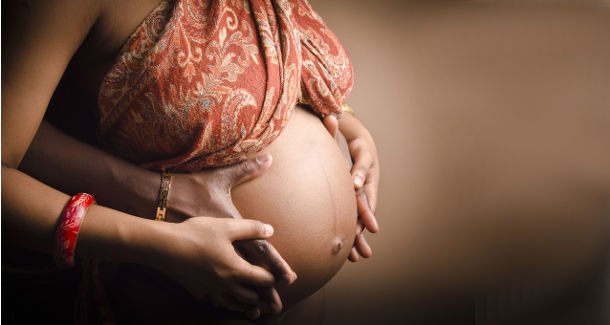About 6% of Australian births are to an Aboriginal or Torres Strait Islander parent.[1] While many Aboriginal and Torres Strait Islander women experience healthy pregnancies, for many, poor health and social disadvantage contribute to poorer perinatal outcomes than those experienced by non-Indigenous women.
Antenatal care may be especially important for Aboriginal and Torres Strait Islander women as they are at higher risk of giving birth to pre-term and low birthweight babies and have a higher likelihood of developing diabetes, pre-eclampsia (high blood pressure), infection and anaemia.[2]
Antenatal tests provide an opportunity to improve the health of both the pregnant woman and her baby by monitoring the progress of her pregnancy, and supporting the detection, management and treatment of any pregnancy-related complications.[3]
Some of the more common antenatal tests include urine tests which can signal gestational diabetes or preeclampsia (high blood pressure) and blood tests which test for blood type and blood born viruses including HIV and Hepatitis B and C.
Multiple Marker Screening helps to assess the risk of a fetus having abnormalities such as neural tube defects, Down syndrome and Edwards syndrome. Due to a lack of folate in the diet, the rate of neural tube defects is up to 40% higher in certain aboriginal communities.[4]
A/Prof Rob Baird, a pathologist specialising in aboriginal health says: “Some women may fear antenatal tests because they do not know or understand what is involved. The first trimester is an important opportunity to educate mothers about the benefit of these tests and advise on appropriate lifestyle modifications to help prevent pregnancy-related complications.”
Aboriginal and Torres Strait Islander mothers, on average, access antenatal services later than the recommended 14-16 weeks. This poses a risk to the mother because the later she receives antenatal care, the more likely she is to have a pre-term and/or low birthweight baby.
A number of programs have been implemented around the country to improve the accessibility and quality of prenatal care for Aboriginal and Torres Strait Islander women.
Vanessa Smith is an Aboriginal midwife at Sutherland Hospital in the South East Sydney Local health District (SESLHD): “Within our program, there is an emphasis on culturally appropriate maternity care, relevant educational materials and effective communication to establish trust with the patient. Providing advice and materials that are specific to aboriginal communities sends the message that this is a culturally safe environment and ultimately women will be more likely to access that service earlier,” she said.
[1] https://www.racgp.org.au/afp/2014/januaryfebruary/antenatal-care/
[2] https://www.pmc.gov.au/sites/default/files/publications/Aboriginal_and_Torres_Strait_Islander_HPF_2014%20-%20edited%2016%20June2015.pdf
[3] https://www.thekids.org.au/globalassets/media/documents/aboriginal-health/start-stronger-live-longer/2__mat_health_final.pdf

